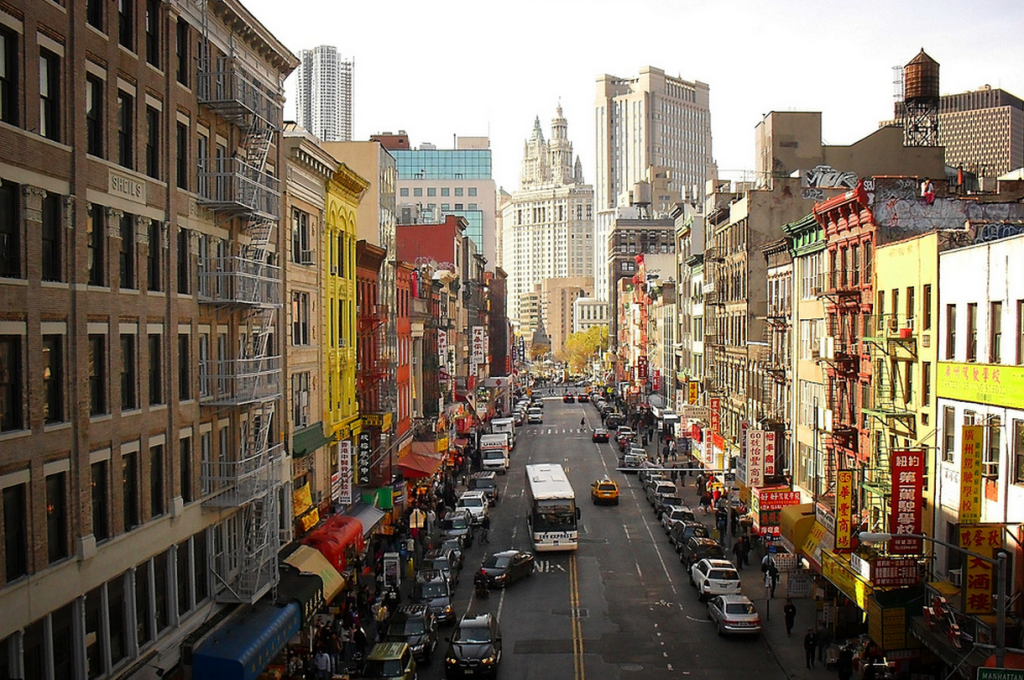NY Attorney General: 72% Of Airbnb Rentals Violate State, City Laws
The report [PDF] from NY AG Eric Schneiderman is based on data obtained as a result of the May 2014 agreement in which Airbnb agreed to turn over anonymized user information to state investigators.
Of the 35,354 private, short-term listings included in this data, Schneiderman’s office believes that 25,532 violated either New York State’s Multiple Dwelling Law, which prohibits rentals of fewer than 30 days in most apartment buildings, and/or New York City’s Administrative Code, which prohibits the use of non-residential buildings for housing.
These 25,532 properties accounted for nearly 301,000 bookings on Airbnb and brought in $304 million in revenue, from which Schneiderman claims that Airbnb earned almost $40 million.
The report also calculates that New York City is owed nearly $33.5 million by Airbnb landlords who did not collect or remit the city’s hotel room occupancy tax of 5.875%. In the past, Airbnb has stated that it reminds property owners of their obligations under local laws, but maintains that it is not the site’s responsibility to actually collect this occupancy tax.
While so-called “commercial” Airbnb landlords — those who list at least three properties on the service — only make up around 6% of the total number of Airbnb hosts, they account for a disproportionate share of rental revenue.
According to Schneiderman, those 6% of hosts brought in 37% of all revenue ($168.3 million) during the years in question. And the more than 100 commercial hosts with at least 10 properties earned a total of $59.4 million, claims the report.
The most entrepreneurial operation had 272 unique Airbnb listings and earned $6.84 million in revenue.
The AG’s office also contends that the short-term rental business is making it more difficult to find long-term housing options for New Yorkers.
According to the report, more than 4,600 rental units were booked for at least three months of the year, and nearly 2,000 of these were booked for at leasts six months. Since these properties are booked as short-term rentals, Schneiderman argues that they can’t very well be rented out to someone looking for a more permanent home.
“This report raises serious concerns about the proliferation of illegal hotels and the impact of Airbnb and sites like it on the City of New York,” said Schneiderman in a statement. “We must ensure that, as online marketplaces revolutionize the way we live, laws designed to promote safety and quality-of-life are not forsaken under the pretext of innovation.”
We reached out to Airbnb for a comment on the AG’s report, and the company sent the following statement in response:
We’re proud that Airbnb has helped countless families pay their bills and stay in their homes.
Now, we need to move forward. We should not deny thousands of New Yorkers the chance to share their homes, pay their bills and stay in the city they love. We need to work together on some sensible rules that stop bad actors and protect regular people who simply want to share the home in which they live. We look forward to working with everyone in New York in the weeks ahead.
The report’s conclusions rely on incomplete and outdated information. For example, the findings do not account for the more than 2,000 listings we have already removed from our community in New York.
Additionally, every single home, apartment, co-op and living space in New York is subject to a myriad of rules, so it’s impossible to make this kind of blanket statement. That kind of uncertainty and lack of clarity is exactly why we’re advocating for clear, fair rules for home sharing.
Want more consumer news? Visit our parent organization, Consumer Reports, for the latest on scams, recalls, and other consumer issues.


